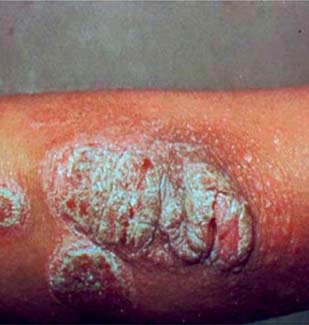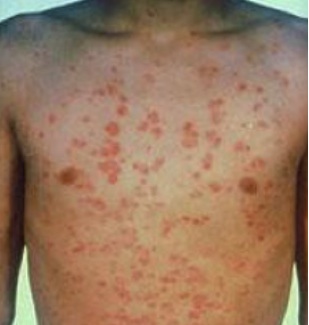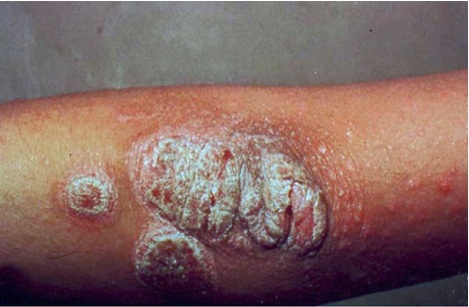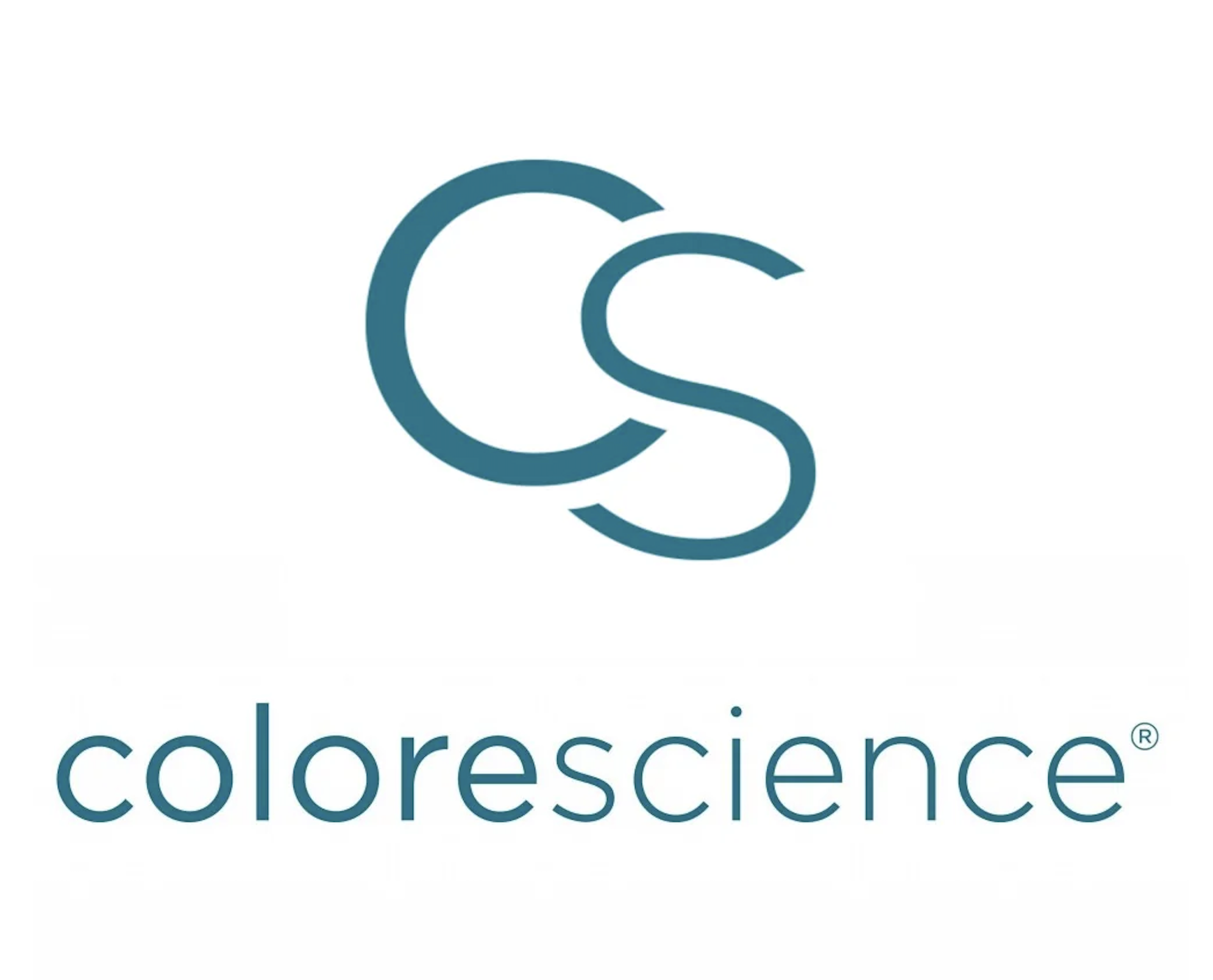Psoriasis care
Psoriasis Relief
Let’s Treat Scaly, Itchy Skin
Psoriasis is a condition in which skin cells build up and form scales and itchy, dry patches.
Skin affected by psoriasis is a sign of inflammation occurring in the body. Even people living with mild psoriasis may have significant inflammation in the body.
There are different types of psoriasis: guttate, plaque, pustular, erythrodermic, and inverse. It is important to diagnose which type you have in order to best treat it.
3 Reasons to Seek Psoriasis Treatment
1
that fall off
2
in your body
3
itching
Psoriasis Treatment Options
There are a variety of treatments for psoriasis. Each varies depending on the severity, the type of psoriasis you are suffering from, and how responsive your skin has been to previous self-care measures.
Topical Treatments
Topical ointments are the first line of defense when battling psoriasis. They reduce inflammation, slow down excessive cell reproduction, and decrease itchiness of the skin.
There are a variety of topical steroid creams and non-steroid creams available, some over the counter and some are prescription only. Your skin care provider can assess your psoriasis and help you with the right topical treatment for you.
Complementary and Integrative Medicine
Leading a healthy lifestyle can also help with psoriasis symptoms. Diet and nutrition can help prevent obesity, which is a common comorbidity to psoriasis.
Physical activity keeps you at a healthy weight and lowers your risk for heart disease and type II diabetes, risks that increase when you have psoriasis.
Mindfulness can be helpful in combating psoriasis. Mind-body exercises help lower stress levels and give you a more positive frame of mind. If stress is one of your psoriasis triggers, this can be particularly helpful.
What Is a typical appointment like?
A healthcare provider will analyze your skin, ask questions about your health, and check your scalp and nails. They may also do a skin biopsy, (take a small sample of your skin) in order to examine it under a microscope. It will help determine the type of psoriasis you have and rule out any other skin conditions.
When will I see results?
It may take up to six weeks for you to see results after a psoriasis flare up. It is recommended to keep the psoriasis stable and cleared up by continuing treatment as well as having consistent appointments with your provider.
Recognizing what triggers your psoriasis is an important aspect in treatment. For example, if you know stress triggers it, you can be proactive in managing your stress, therefore minimizing psoriasis symptoms.
You may not have a flare up for 1-12 months and think the psoriasis is gone, but it is simply in remission. Remission is the term used when the psoriasis is clear and there are no symptoms.
What areas are treated
All areas of your skin will be treated for psoriasis. The provider will check your skin, scalp and nails, including your eyelids, skin folds, and lips. It is possible to have psoriasis plaques on more than one area of your body at a time. There is a form of psoriasis called psoriatic arthritis, so your joint health will most likely be discussed as well.
Plaque Psoriasis

Plaque psoriasis is the most
prevalent form of the disease
Guttate Psoriasis

Guttate psoriasis often starts in
childhood or young adulthood.
© Photos courtesy of National Psoriasis Foundation
What will happen if I stop treating my psoriasis?
One of three things happens if you stop treatment:
- Your skin may stay clear and have no psoriasis symptoms (remission).
- Your psoriasis may return, looking and feeling much like it did before (relapse).
- The psoriasis may return and be worse than before (rebound).
The consequence of stopping treatment often depends on the p-treatment you were using when you stopped, how well you manage your psoriasis triggers, and your medical history.
What triggers psoriasis the most?
Weather triggers psoriasis the most, especially cold, dry conditions. Other common triggers are infections, scrapes, heavy alcohol consumption, smoking, and second smoke.
How do I know which psoriasis treatment I need?
Your best bet is to make an appointment to meet with an expert. A provider can help diagnose which type of psoriasis you have, how severe it is, and the best treatment plan for you.
Where can I learn more?
Make an appointment with Stellis Health to discuss your options.
Psoriasis care
Psoriasis is a chronic condition where the skin develops red, itchy patches and thick, silvery scales that are usually not painful. The exact cause of psoriasis is not known but it is more likely to occur if another family member has psoriasis. Flare-ups of psoriasis come and go and are often caused by certain triggers like infections, medicines, skin damage and stress.
Treatment depends on the severity of the disease, size of the areas involved, and the type of psoriasis. There are a variety of topical medicines that can be applied directly to the skin along with oral medicine and phototherapy that our physicians will consider to treat your psoriasis.
To learn more, visit psoriasis.org.
plaque psoriasis

Plaque psoriasis is the most prevalent form of the disease.
guttate psoriasis

Guttate psoriasis often starts in childhood or young adulthood.
© Photos courtesy of National Psoriasis Foundation.


